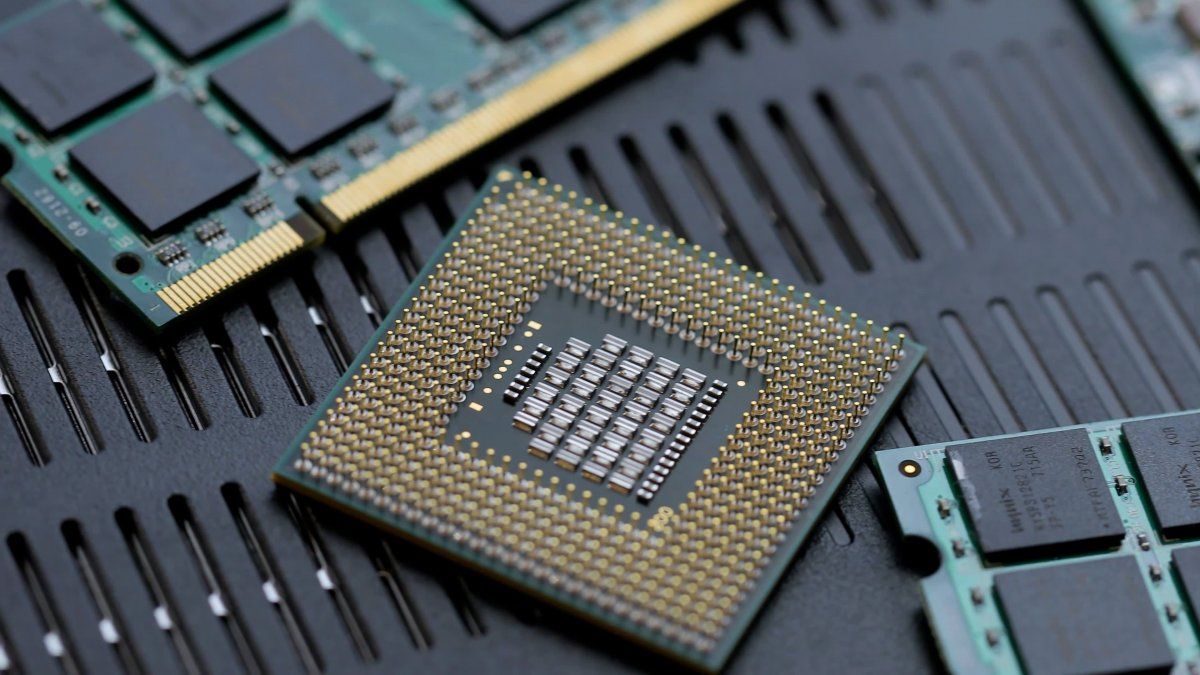The US imports relatively few individual chips, but receives large amounts of products that contain them, such as smartphones, computers, cars and appliances. There are questions about whether tariffs will affect only chips or also finished products.
The president of the United States, Donald Trump, It is reaffirmed its intention to impose tariffs on semiconductors manufactured outside the country, despite the millionaire investments that companies such as TSMC (Taiwan semiconductor manufacturing Company) have allocated to local production.
The content you want to access is exclusive to subscribers.
However, the measure faces various challenges and could have unpredictable consequences in the global technological sector.


Chips tariffs: Trump’s plan
During a recent press conference, Trump declared that tariffs will be applied “in the future”, without specifying concrete dates. In the past, he proposed a 25% tax on the processors, although without clear details about their implementation.
The United States imports relatively few individual chips, but receives large amounts of products that contain them, such as smartphones, computers, cars and appliances. This generates questions about whether tariffs will affect only chips or also finished products.
Chips manufacturing: a global supply chain
Semiconductors are the result of a complex production process that involves multiple countries. Silicon wafers can originate in Japan, Taiwan or Germany, be prosecuted in another country and then assembled in a third. In the case of Intel, for example, a chip manufactured in Arizona can be sent to Vietnam or Malaysia for packaging before joining a computer assembled in China.
Impact on industry and consumers
Technology companies already feel the impact of uncertainty on tariffs. So far this year, TSMC shares have fallen 15%, NVIDIA 16%, AMD 11%and Broadcom by 25%, while Intel has risen 17%due to changes in their executive direction.
If tariffs apply, manufacturers will have to decide whether they absorb the cost or transfer it to consumers. In the case of Apple, each iPhone incorporates multiple chips, which could significantly increase the final price of the device.
Determining the “country of origin” of a chip will be a complicated task. Each component can cross dozens of borders before their final assembly. In addition, if tariffs apply only to certain countries, companies could look for alternatives in other regions to avoid taxes.
For now, the lack of clarity in Trump’s proposal leaves the technological sector in a situation of uncertainty. What is certain is that any change in tariff policy will have repercussions on the global economy and consumer pocket.
Source: Ambito




